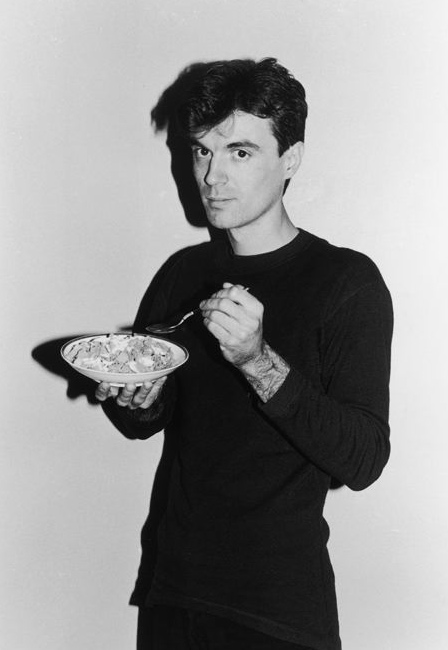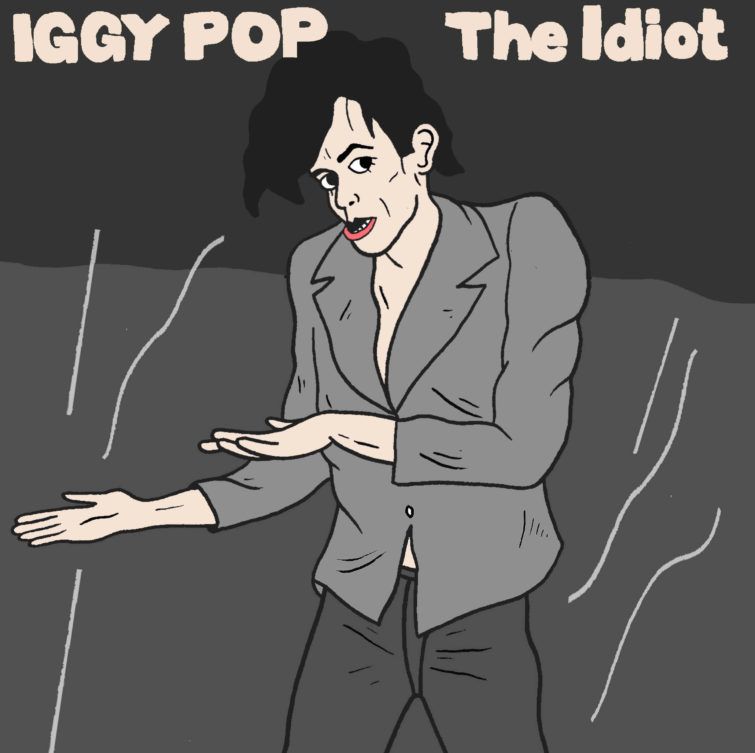

Their roadie and touring bassist Zeke Zettner died of a heroin overdose at the age of 25 in 1973. The band then briefly reunited in 1972 to record Raw Power.

The band fired bassist Dave Alexander in August 1970 because he was an alcoholic and the band broke up for the first time in July 1971 (the same month Jim Morrison died).

Iggy Pop had struggled with substance abuse throughout his tenure as the frontman of The Stooges. Iggy Pop had destroyed his mind through heroin and David Bowie had numbed his emotions through cocaine. In the middle of the 1970s David Bowie and Iggy Pop were both struggling with the demons of their drug addictions. It certainly helped Pop, who went on to launch a solo career, much of it startling, all of it engaging and interesting.”album of freedom,” Pop revealed.”I’m not saying that it’s a great album or some fantastic work of art, but I love it and it means a lot to me.” He’s not the only one who loves it, and he’s definitely not the only one who gets some sense of meaning from it."I am a fool with a heart but no brains, and you are a fool with brains but no heart and we’re both unhappy, and we both suffer." Yet it would be equally wrong to say that Bowie helped with the album since The Thin White Duke helped to create the soundscape that helped Pop offer his sense of truth. But it would be wrong to call The Idiot a joint Bowie and Pop album, because the latter’s vocals, lyrics and attitudes dominate the work. The album ebbs, pivots, flows and pounces, giving every tune a sense of individuality and earnestness, earmarking a partnership that benefitted both men creatively. In some ways, ‘Mass Production’ sets the course for future art-rock outfits, which reached its apex on Unknown Pleasures and Closer, the Joy Division epics that captured the essence of poetry in the field of Manchester rock. But what impressed Pop most about the continent was the freedom from principles or rules, allowing him to swing freely and sing without inhibitions, as is evident from ‘Dum Dum Boys’, which holds one of his most intimately detailed vocal deliveries.Īnd then there’s ‘Mass Production’, all eight minutes of disembodied yelps and angular guitar pieces, creating one of the most incendiary works on the album. If Pop remained a strangely elusive lyricist, he was showing moments of introspection, especially on the excellent ‘Funtime’, detailing his fascination with the German nightclub scene. But there’s grandeur and lushness to the bravery, proving that the effete artists were capable of flexing their muscles to fit the music when needed.

Indeed, the most notable aspect to ‘Sister Midnight’ is that it sounds like two artists in the middle of their work, attacking the sidelines with the raw power of two builders fixing an indeterminable project. This doesn’t necessarily mean that the album is necessarily streamlined, but it was never the intention of either artist to explain themselves, but for the work to unravel in a mosaic of sound and strategy. There’s more of the flavourings of Low heard here than Station to Station, much as there is more Pop here than the work he spearheaded with The Stooges. The album plays as a portal into 1980s synthpop, especially in the way Pop wraps his voice around the riffs and drum beats, re-creating a sense of pathos that was missing from much of the late 1970s.īowie’s influence is more overt than it was on Lou Reed‘s Transformer, but the pulsating hooks, piercing, hypnotic patterns and penchant for levity made the album one of the more unique of the decade, and The Idiot was where Bowie began piecing his European proclivities into one cohesive whole. Pop’s rough style of singing, combined with the jaunty keyboard hooks – many of them performed by Bowie, who was credited as producer – gives this album a continental quality, and the album is strangely French-sounding, which is interesting because the album was written at Château d’Hérouville. For even if this album isn’t as solid as follow up record Lust for Life, Pop hasn’t sacrificed the grit that had cemented The Stooges’ trajectory: instead, he marries it to Bowie’s predilection for electronica, infusing the melodies with a rock and roll ballast that gives what could have been a whimsical work certain gravitas and meat. Iggy Pop’s tenure with The Stooges proved that he could rock, but with The Idiot, he didn’t follow this route but joined David Bowie in Europe were the two cast off the shackles of addiction by focusing on their music.


 0 kommentar(er)
0 kommentar(er)
